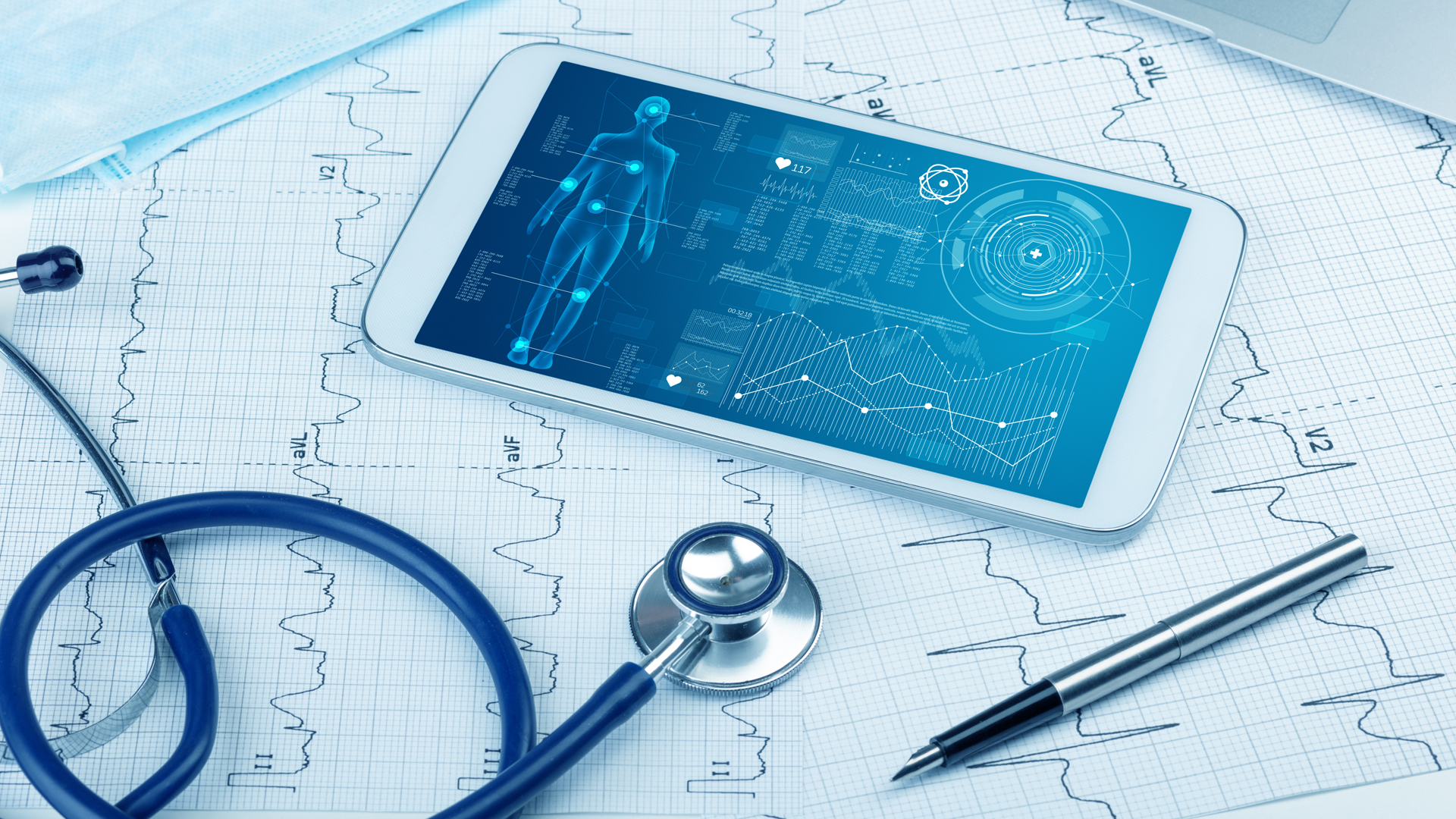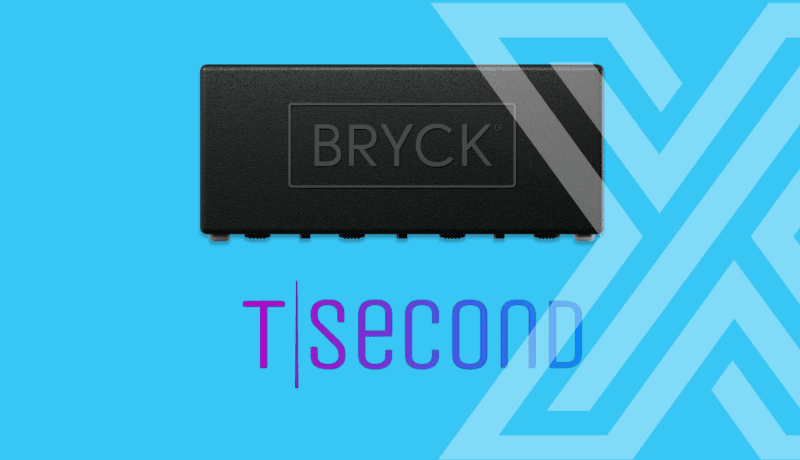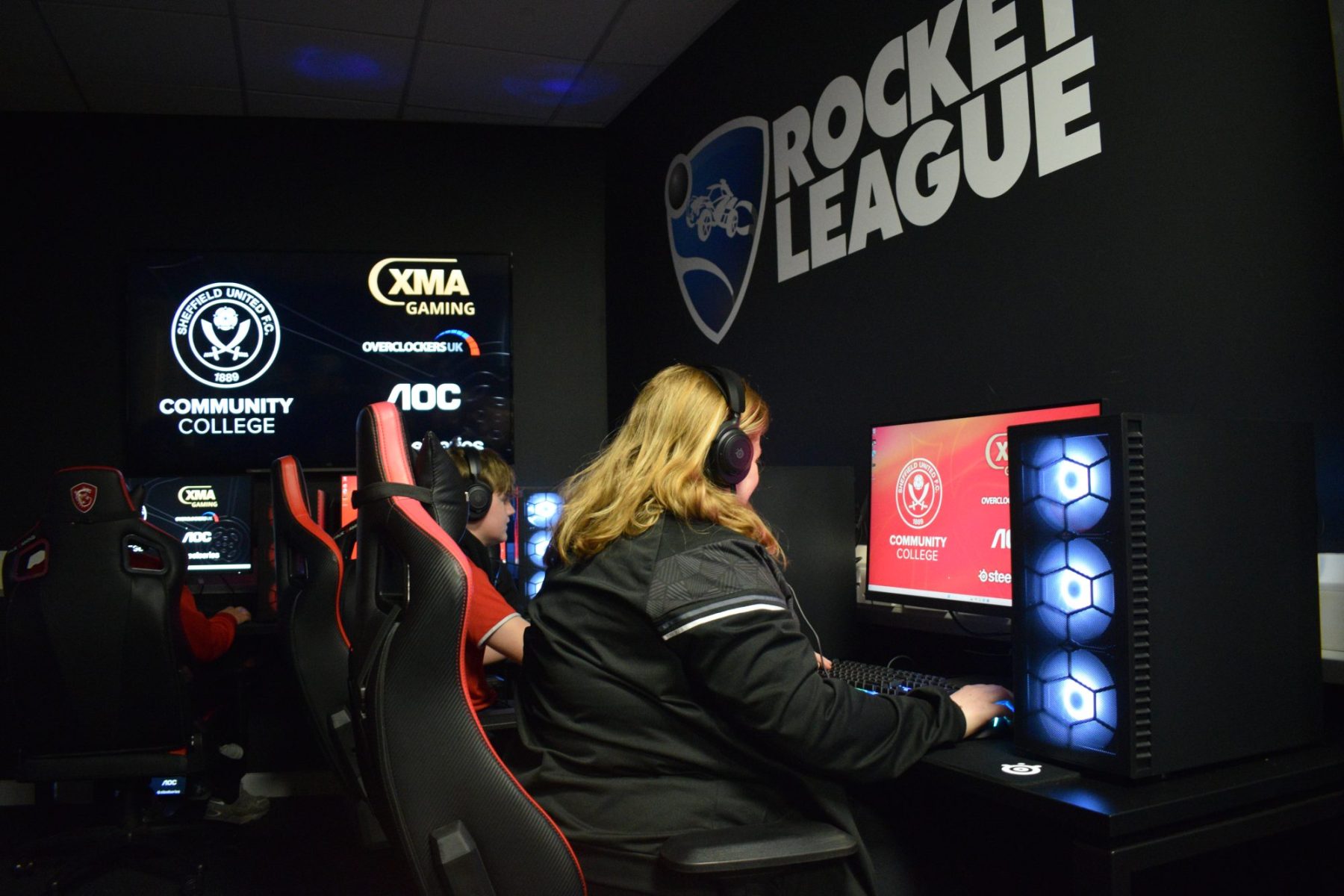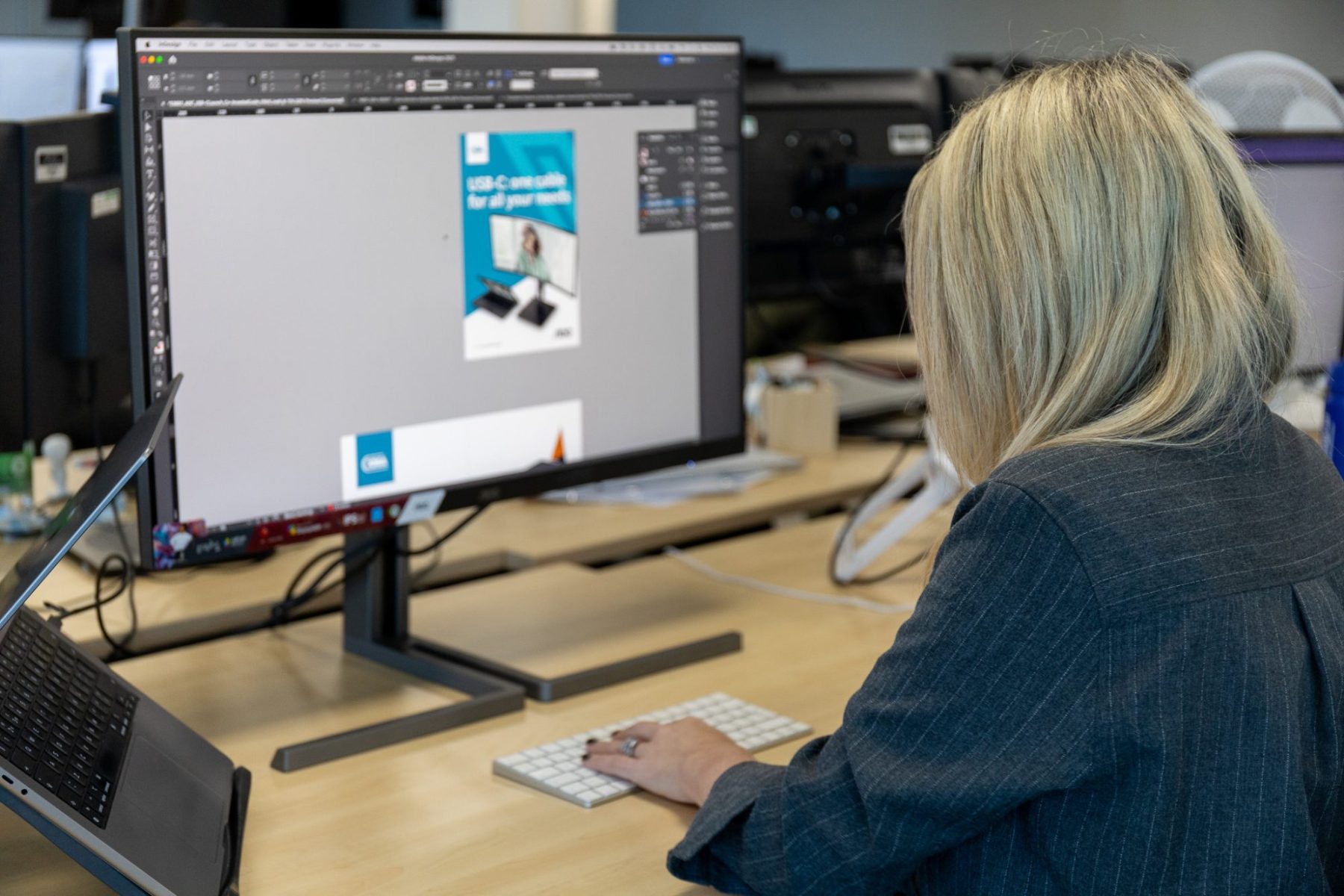The future of healthcare is changing before our eyes, with investments in digital healthcare technologies such as Artificial Intelligence, VR/AR, 3D-printing, Robotics and Nanotechnology. These technologies are uniting to transform the way patients are treated, and how medicines are created.
We have seen technology transform the world we live in, from the way we order food straight to our door, and the way we consume content through our smartphones. Healthcare is not isolated from this digital transformation; a new generation of emerging technologies are set to change healthcare beyond recognition.
The emergence of big data, smartphone adoption, cloud technologies and the huge increase in data capture has suddenly enabled data to be linked together and processed for new insight which previously was not possible.
Artificial Intelligence
Artificial Intelligence is redesigning industries across the world, and algorithms in healthcare are being used to design treatment plans, and even create drugs faster than any current method. Recently, Google’s DeepMind created an A.I for breast cancer analysis, with the algorithm outperforming human radiologists on pre-selected data sets to identify breast cancer by 11.5% on average (Hamilton, 2020)
Nanotechnology
It is estimated that by 2024, the global marketing for nanotechnology will exceed $125bn, and by 2025, the global smart pill market will reach $650M (Routley, 2019). These ingestible capsules containing sensors, cameras are already changing the face of healthcare, with technologies including Pill-Cams, Dose Tracking Pills, Vibrant Capsules, Atmo Gas Capsules and MIT’s Smart Sensor Capsules.
Augmented Reality
Augmented reality is seen as one of the most promising digital health technologies, with the potential to change healthcare and everyday medicines for patients and professionals alike. A device, such as your mobile phone, transmits a live or indirect view of a real-world environment, which is then augmented by computer-generated sensory input, such as sound, video, graphics or GPS data. In healthcare, this technology is being used for various purposes, such as showing nearby defibrillators and assisting in medical training and surgery.
Healthcare trackers and sensors
The future of healthcare powered by technology aims to empower patients and carers. Trackers and sensors are being used to manage weight, heart rate, stress levels and overall fitness.
If you would like to discuss Technology in healthcare with one of our specialists, please complete the ‘Contact Us’ form below.
References
Hamilton, I, A (2020). Google DeepMind. Available at: https://www.pulselive.co.ke/bi/tech/googles-deepmind-created-an-ai-for-spotting-breast-cancer-that-can-outperform-human/5sc7d8r
Routley, N (2019). The Future of Nanotechnology in Medicine. Available at: https://www.visualcapitalist.com/the-future-of-nanotechnology-in-medicine/












 Monitoring by Hotjar
Monitoring by Hotjar